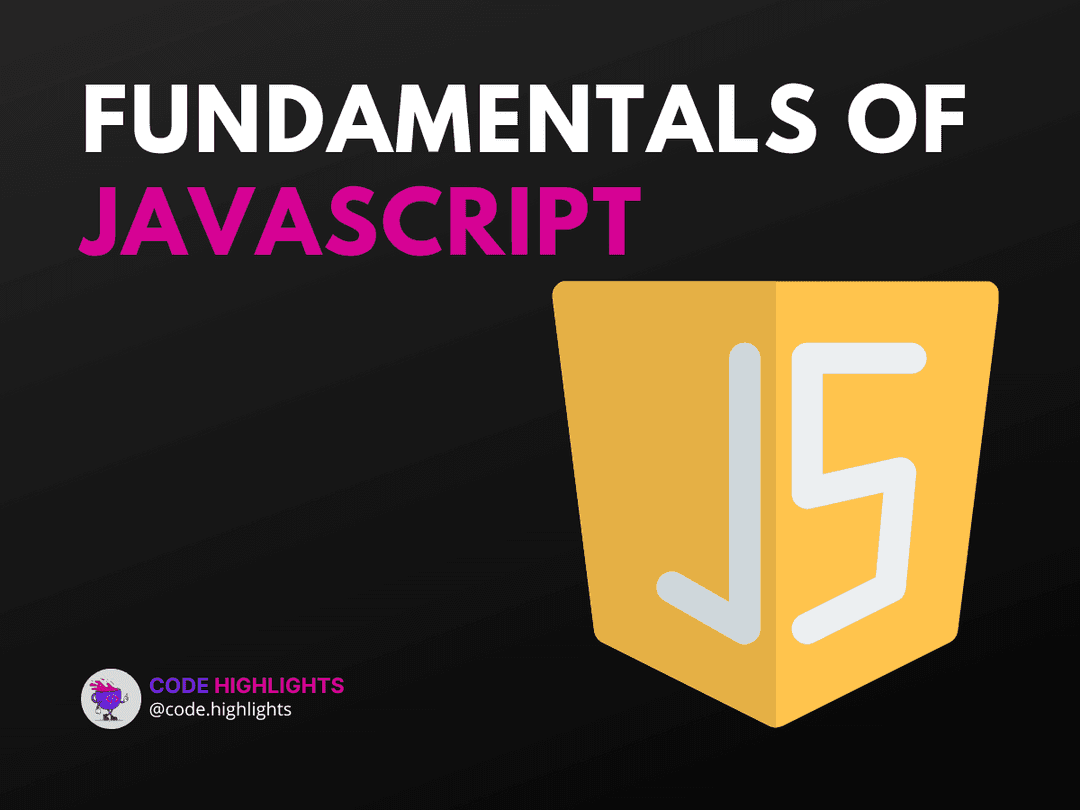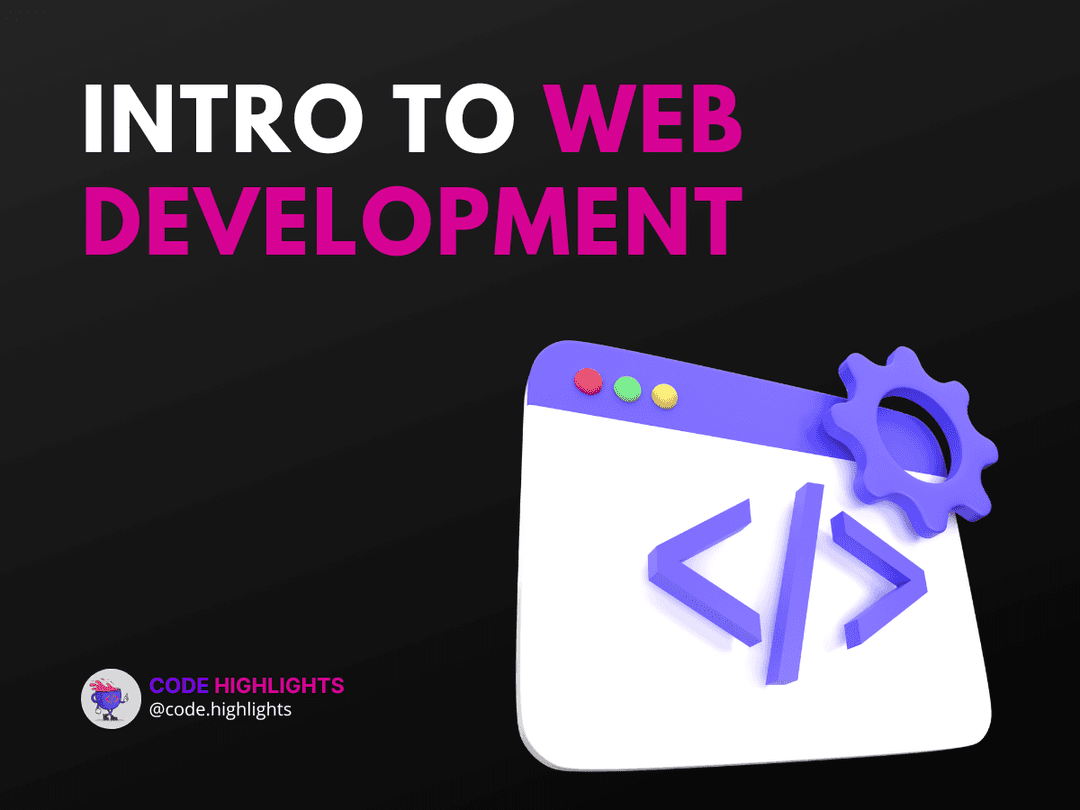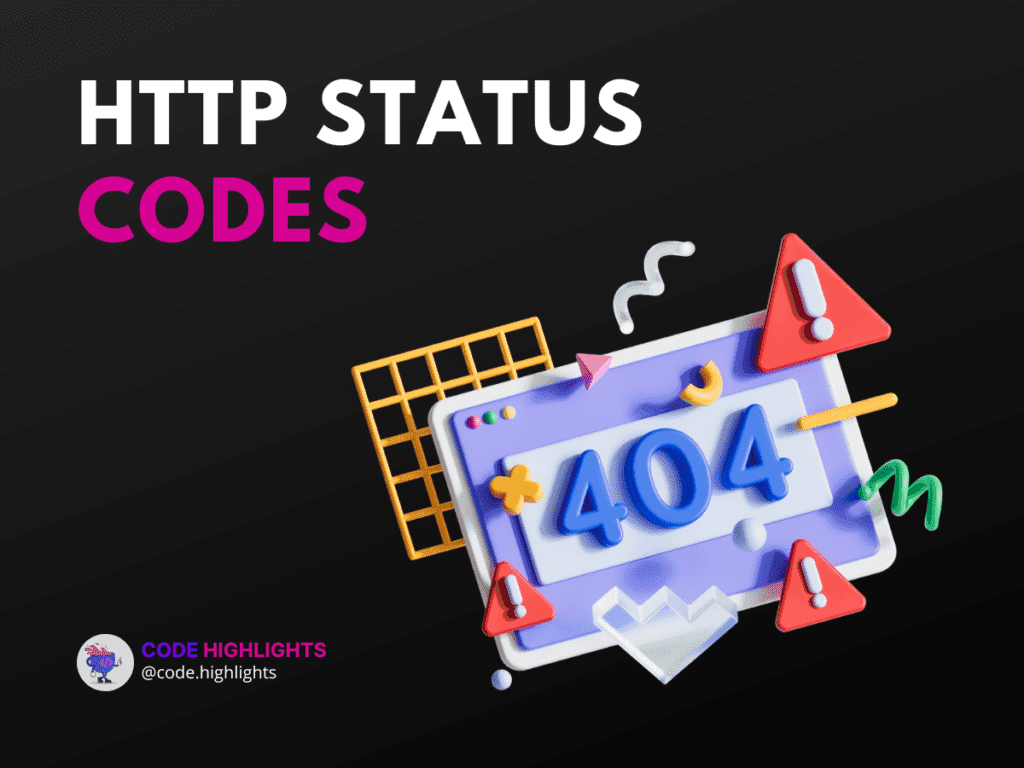Become a Software Engineer Without a Degree: 7 Steps

- Introduction
- Step 1: Cultivate a Passion for Coding
- How to Cultivate a Passion for Coding
- Resources to Start Learning Coding
- Step 2: Choose the Right Programming Language
- Popular Programming Languages for Beginners
- Factors to Consider When Choosing a Programming Language
- Step 3: Learn Through Online Platforms
- Benefits of Online Learning Platforms
- How Code Highlights Offers a Unique Learning Experience
- Step 4: Work on Real Projects
- Importance of Hands-On Experience in Software Engineering
- How to Find Real Projects to Work On
- Step 5: Understand Software Development Methodologies
- Overview of Software Development Methodologies
- How Understanding These Methodologies Can Boost Your Career
- Step 6: Networking and Building a Portfolio
- The Role of Networking in Becoming a Software Engineer
- Tips for Building an Impressive Portfolio
- Step 7: Prepare for Job Interviews
- Common Interview Questions for Software Engineers
- How to Impress Employers During Interviews
- Conclusion
- Recap of Steps to Become a Software Engineer Without a Degree
- Final Thoughts and Encouragement
Introduction
In today's rapidly evolving digital landscape, a degree is no longer the sole pathway to a successful career as a software engineer. The traditional notion that a four-year degree is a prerequisite for entering the field is being challenged by the rising demand for skilled professionals in the tech industry. As companies embrace technology and digital transformation, the need for software engineers has skyrocketed.

This blog post aims to shed light on the fact that becoming a software engineer without a degree is not only possible but also a viable option. We will explore why a degree isn't necessary and delve into the reasons behind the increasing demand for software engineers. So, if you're passionate about coding and eager to embark on a fulfilling career in software engineering, read on to discover the seven steps to make your dream a reality.
Step 1: Cultivate a Passion for Coding
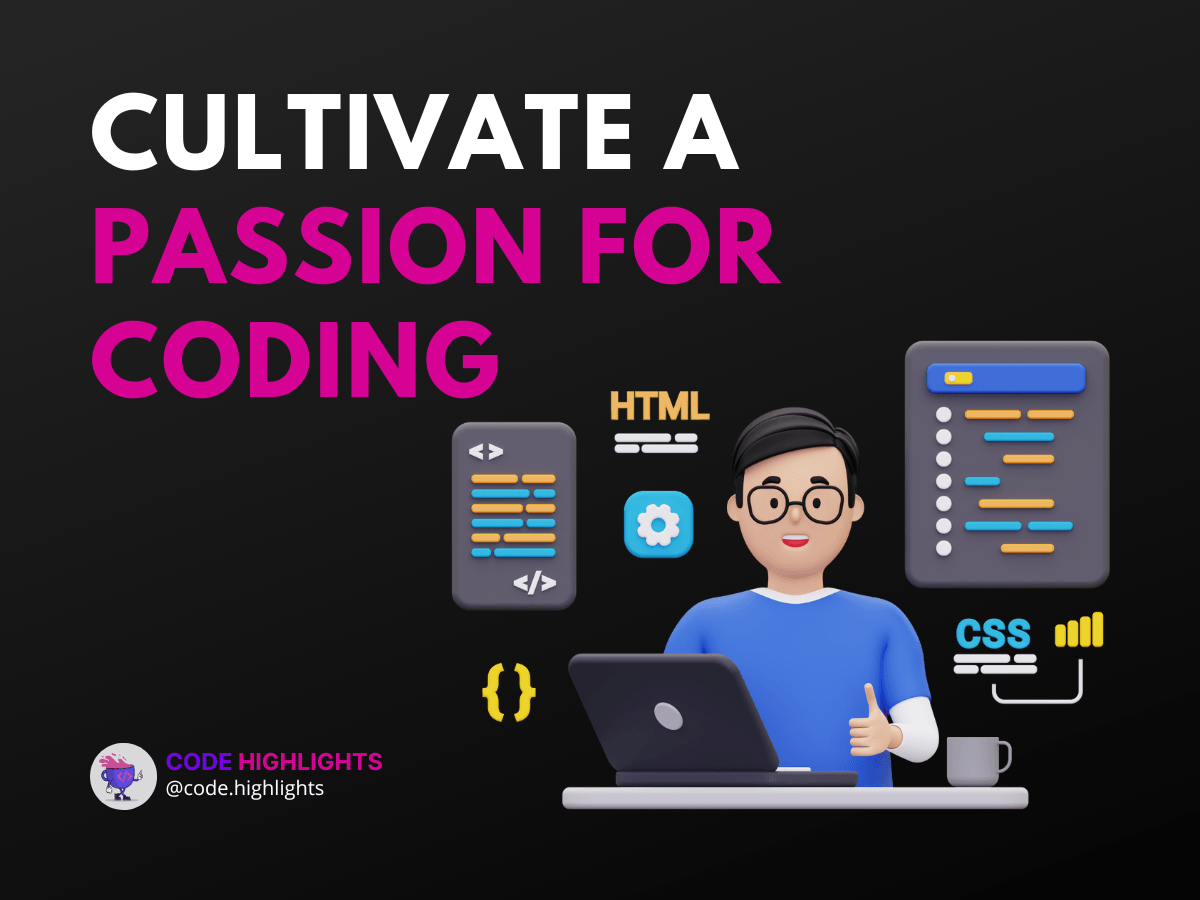
Coding is at the heart of software engineering, and cultivating a passion for coding is the first step towards becoming a successful software engineer. Here are some effective ways to develop your passion for coding:
How to Cultivate a Passion for Coding
-
Explore Different Programming Languages: Take the time to explore different programming languages to find the one that resonates with you. Experiment with languages like Python, JavaScript, or Java to see which one sparks your interest.
-
Set Clear Goals: Define your goals and objectives in coding. Whether it's building a website, developing a mobile app, or creating a game, having clear goals will keep you motivated and focused on your coding journey.
-
Join Coding Communities: Engage with coding communities both online and offline. Participate in forums, attend meetups, and connect with like-minded individuals who share your passion for coding. Surrounding yourself with fellow enthusiasts can inspire and encourage you to keep learning.
Resources to Start Learning Coding
-
Online Coding Courses: Platforms like Code Highlights offer a wide range of online coding courses for beginners. These courses provide structured learning paths, interactive coding exercises, and real-world projects to help you build a strong foundation in coding.
-
YouTube Tutorials: YouTube is a treasure trove of coding tutorials and walkthroughs. Many experienced programmers and coding enthusiasts share their knowledge through video tutorials, making it an accessible and free resource for learning coding.
-
Coding Books: Invest in coding books that cater to beginners. These books often provide step-by-step explanations, practical examples, and exercises to reinforce your understanding of coding concepts.
Remember, cultivating a passion for coding requires dedication, practice, and continuous learning. Embrace the process, stay curious, and enjoy the journey of becoming a proficient coder.
Step 2: Choose the Right Programming Language
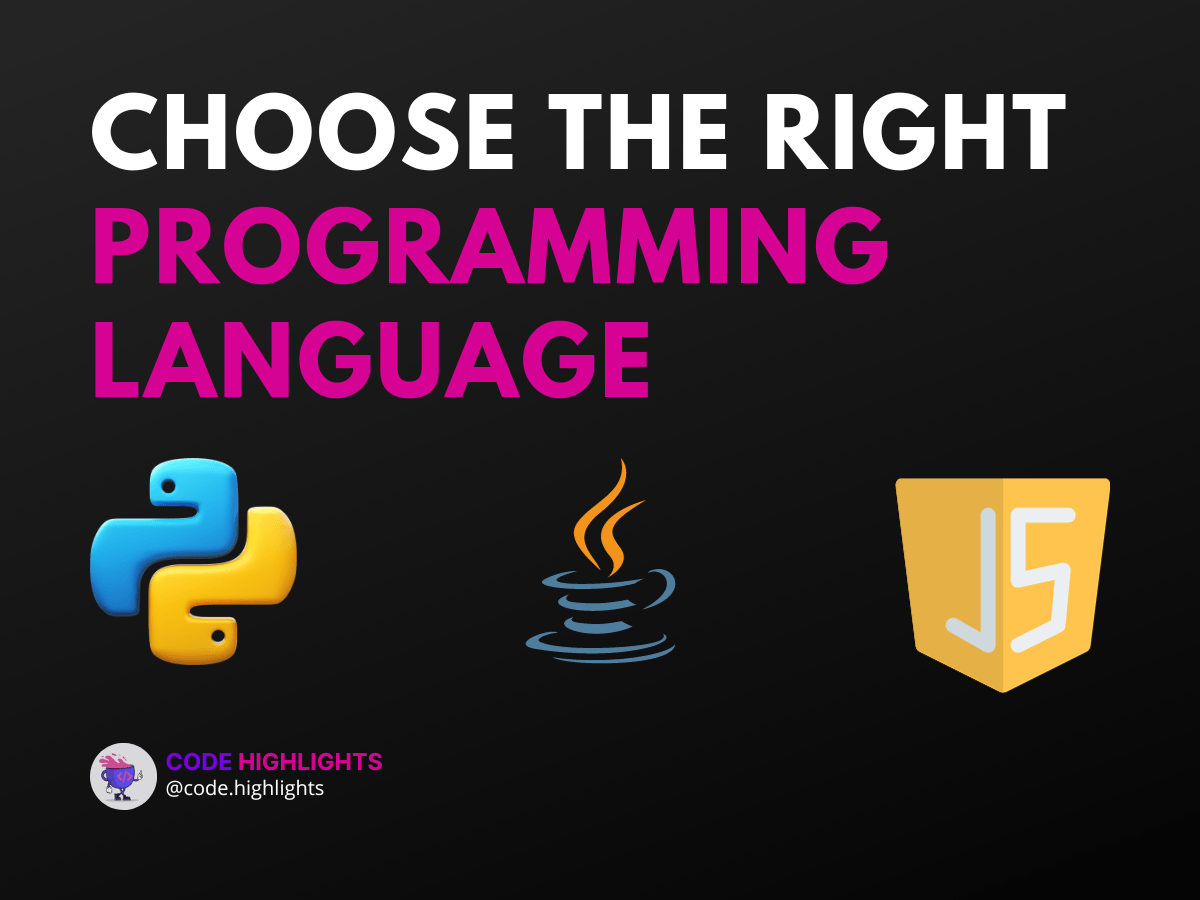
Choosing the right programming language is crucial when starting your journey as a software engineer. Here are some considerations to help you make an informed decision:
Popular Programming Languages for Beginners
-
Python: Python is widely regarded as one of the best programming languages for beginners. It has a simple and readable syntax, making it easy to understand and learn. Python is versatile and used in various domains such as web development, data analysis, and machine learning.
-
JavaScript: JavaScript is the language of the web. It is essential for front-end web development and allows you to add interactivity and dynamic features to websites. JavaScript is beginner-friendly and offers a vast ecosystem of libraries and frameworks.
-
Java: Java is a popular choice for beginners due to its object-oriented nature and extensive documentation. It is widely used in enterprise-level applications, Android app development, and backend systems.
Factors to Consider When Choosing a Programming Language
-
Your Goals: Consider your career goals and the type of projects you want to work on. If you're interested in web development, JavaScript is a great choice. For data analysis or machine learning, Python might be more suitable.
-
Job Market Demand: Research the job market demand for different programming languages. Look for languages that are in high demand and align with your interests and skills.
-
Learning Resources: Evaluate the availability of learning resources such as online courses, tutorials, and documentation for the programming language you choose. Having access to quality learning materials can accelerate your learning process.
Remember, the programming language you choose is just a starting point. As you gain experience and knowledge, you can always learn additional languages to expand your skill set. The most important thing is to choose a language that excites you and keeps you motivated to learn and grow as a software engineer.
Step 3: Learn Through Online Platforms
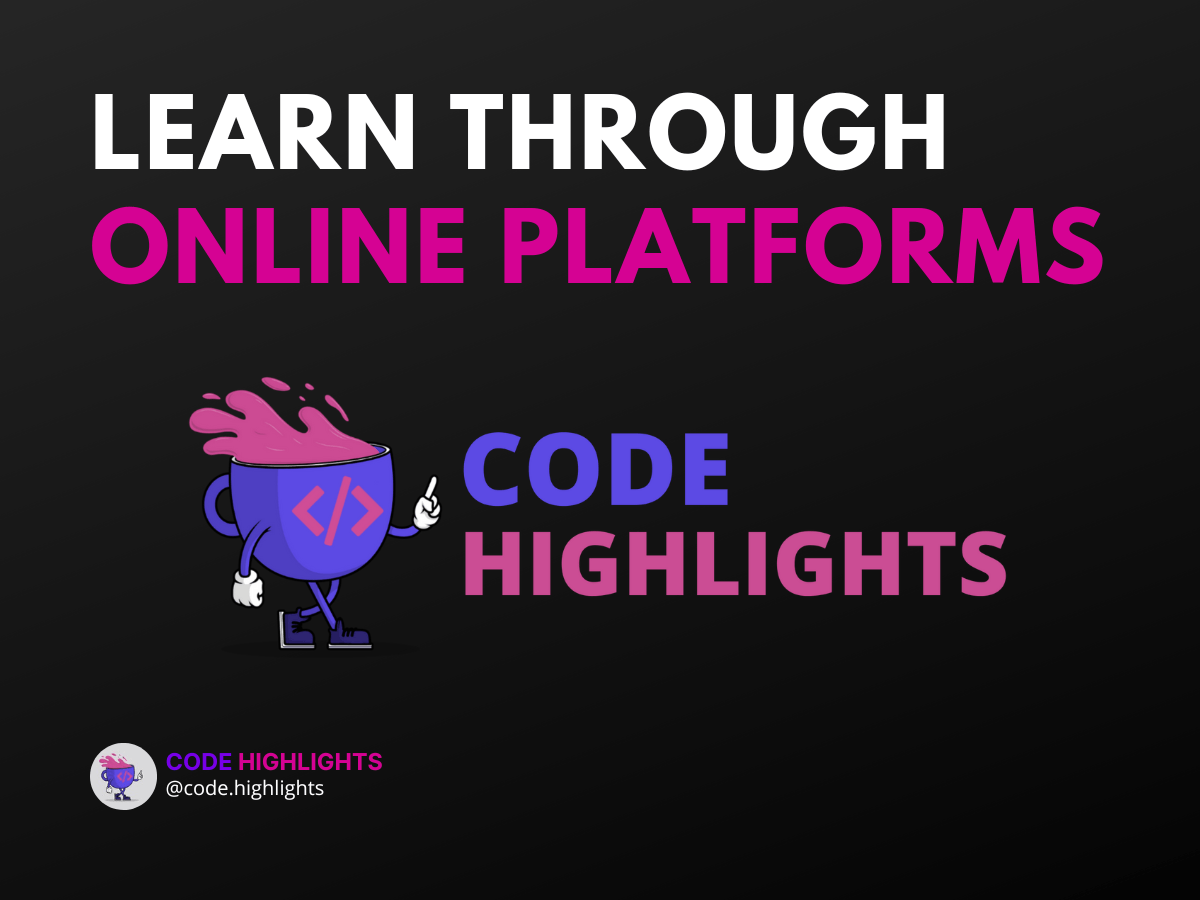
In today's digital age, online learning platforms have revolutionized the way we acquire new skills and knowledge. When it comes to learning software engineering, leveraging online platforms can offer numerous benefits:
Benefits of Online Learning Platforms
-
Flexibility: Online learning platforms provide the flexibility to learn at your own pace and schedule. You can access course materials and resources whenever and wherever you want, making it ideal for those with busy lifestyles or other commitments.
-
Wide Range of Courses: Online platforms offer a vast selection of courses covering various programming languages, frameworks, and software engineering concepts. You can choose courses that align with your interests and career goals, allowing you to tailor your learning experience.
-
Interactive Learning: Many online platforms incorporate interactive elements such as coding exercises, quizzes, and projects. This hands-on approach helps reinforce your understanding of concepts and allows you to apply what you've learned in real-world scenarios.
How Code Highlights Offers a Unique Learning Experience
Code Highlights is an exceptional online learning platform that caters specifically to aspiring software engineers. Here's how it stands out from the crowd:
-
Project-Based Learning: Code Highlights focuses on project-based learning, which means you learn by working on real-world projects. This approach gives you practical experience and helps you build a portfolio of work that showcases your skills to potential employers.
-
AI Mentor: Code Highlights features an AI mentor that provides personalized guidance and feedback throughout your learning journey. The AI mentor can help you troubleshoot coding issues, suggest improvements, and provide valuable insights to enhance your learning experience.
-
Built-in Code Editor: With Code Highlights, you don't need to install any software or set up complex development environments. The platform has a built-in code editor that allows you to write, test, and debug your code directly within the platform.
By leveraging online learning platforms like Code Highlights, you can gain the knowledge and skills needed to become a proficient software engineer in a flexible and interactive manner. Embrace the opportunities these platforms offer and embark on your journey towards success.
Step 4: Work on Real Projects
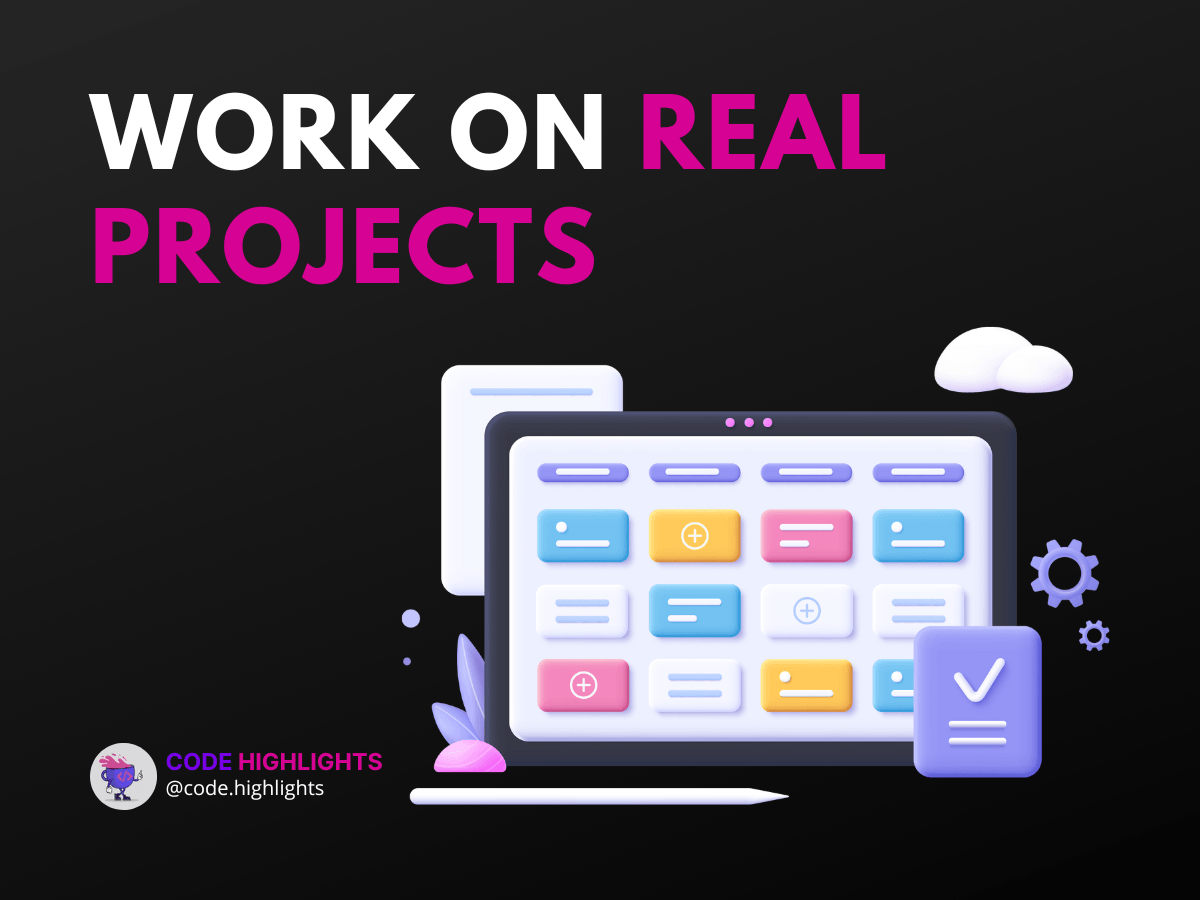
Working on real projects is a crucial step in becoming a skilled software engineer. Here's why hands-on experience is essential and how you can find real projects to work on:
Importance of Hands-On Experience in Software Engineering
-
Practical Application: Working on real projects allows you to apply the knowledge and skills you've learned in a practical setting. It helps you understand how different concepts and technologies come together to create functional software.
-
Problem-Solving Skills: Real projects present various challenges and problems that require problem-solving skills. By tackling these challenges, you develop critical thinking abilities and learn how to overcome obstacles in a real-world scenario.
-
Building a Portfolio: Real projects provide tangible evidence of your capabilities as a software engineer. Building a portfolio of completed projects can greatly enhance your credibility and attractiveness to potential employers.
How to Find Real Projects to Work On
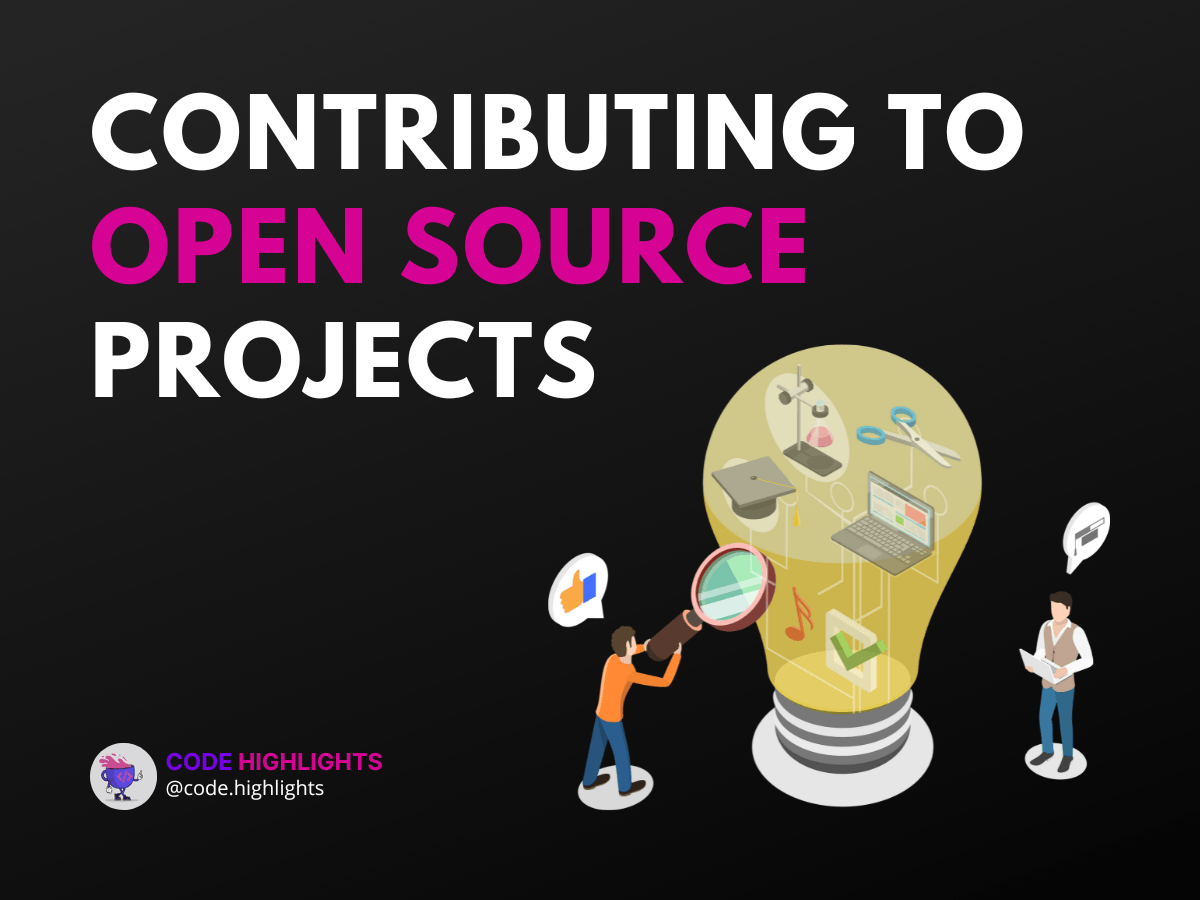
-
Open Source Contributions: Contribute to open-source projects on platforms like GitHub. This allows you to collaborate with experienced developers, gain valuable insights, and contribute to real-world software projects.
-
Freelance Platforms: Join freelance platforms like Upwork or Freelancer to find small projects or gigs that align with your skills and interests. These platforms offer opportunities to work on real projects for clients and build your reputation as a software engineer.
-
Personal Projects: Identify areas of interest or problems you'd like to solve and work on personal projects. This gives you complete creative freedom and allows you to explore different aspects of software engineering.
-
Hackathons and Coding Competitions: Participate in hackathons or coding competitions where you can collaborate with other developers and work on time-bound projects. These events provide a great learning experience and an opportunity to showcase your skills.
Remember, working on real projects not only enhances your technical skills but also helps you develop important soft skills like teamwork, communication, and project management. Embrace these opportunities to gain valuable experience and take your software engineering journey to the next level.
Step 5: Understand Software Development Methodologies
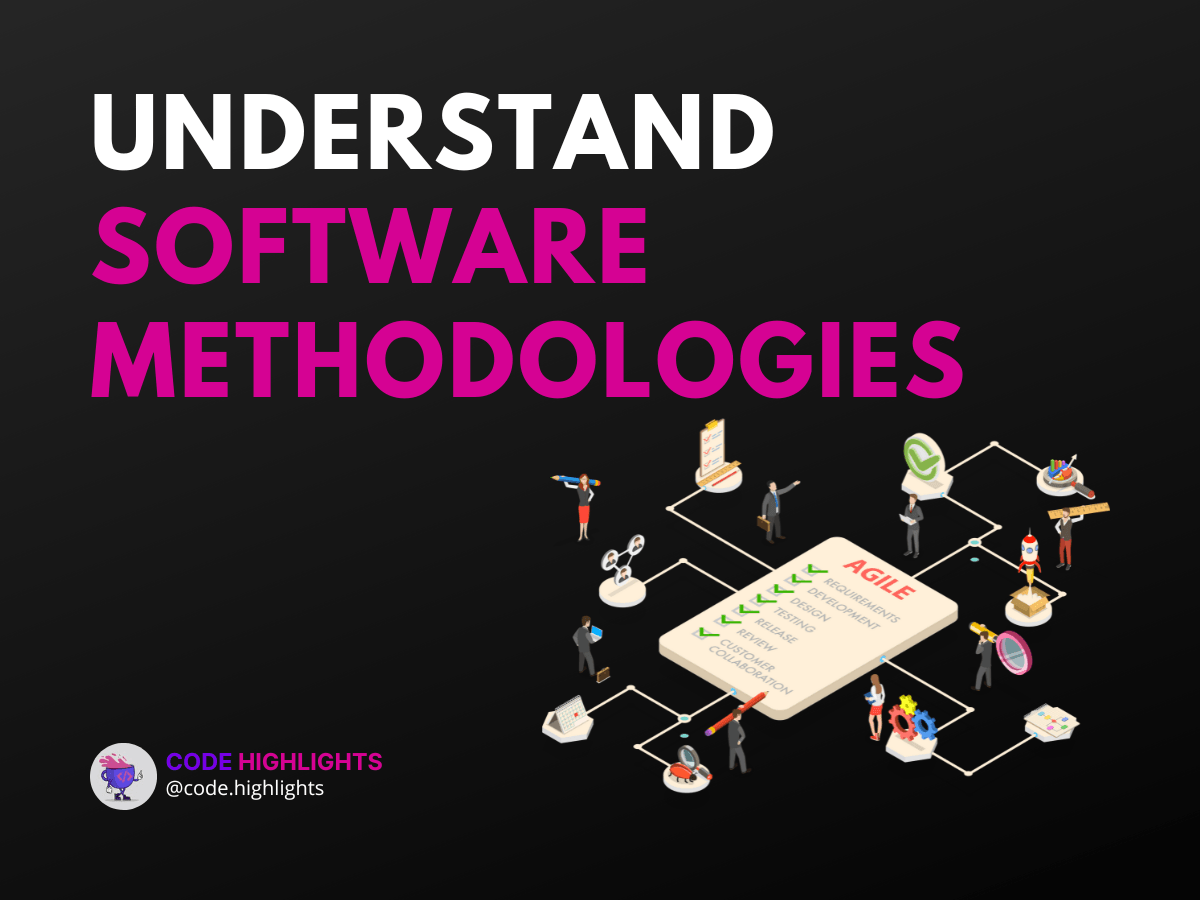
Understanding different software development methodologies is crucial for a software engineer's career growth. Here's an overview of software development methodologies and how they can benefit you:
Overview of Software Development Methodologies
-
Waterfall Methodology: The waterfall methodology follows a linear, sequential approach to software development. It consists of distinct phases, including requirements gathering, design, implementation, testing, and deployment. Each phase must be completed before moving on to the next.
-
Agile Methodology: Agile methodologies, such as Scrum and Kanban, focus on iterative and incremental development. They prioritize flexibility, collaboration, and adaptability. Agile teams work in short iterations called sprints, delivering working software at the end of each iteration.
-
DevOps: DevOps is a combination of development (Dev) and operations (Ops). It emphasizes collaboration, communication, and automation between development and operations teams. DevOps aims to streamline the software development lifecycle, ensuring faster and more reliable software delivery.
How Understanding These Methodologies Can Boost Your Career
-
Adaptability: Understanding different software development methodologies allows you to adapt to different project requirements and team dynamics. This flexibility makes you a valuable asset in diverse work environments.
-
Efficiency and Collaboration: By embracing agile methodologies, you can enhance collaboration within your team, improve communication, and increase overall efficiency. This leads to better teamwork and higher-quality software products.
-
Continuous Learning: Keeping up with evolving methodologies like DevOps enables you to stay updated with industry best practices. Continuous learning in software development methodologies ensures that you are equipped with the latest tools and techniques.
-
Career Advancement: Demonstrating knowledge and experience in various software development methodologies can open doors to new career opportunities. Employers value professionals who can adapt to different methodologies and contribute effectively to projects.
By understanding and applying different software development methodologies, you can become a well-rounded software engineer, capable of delivering high-quality software products and driving successful projects. Embrace the principles and practices of these methodologies to boost your career prospects in the software engineering field.
Step 6: Networking and Building a Portfolio
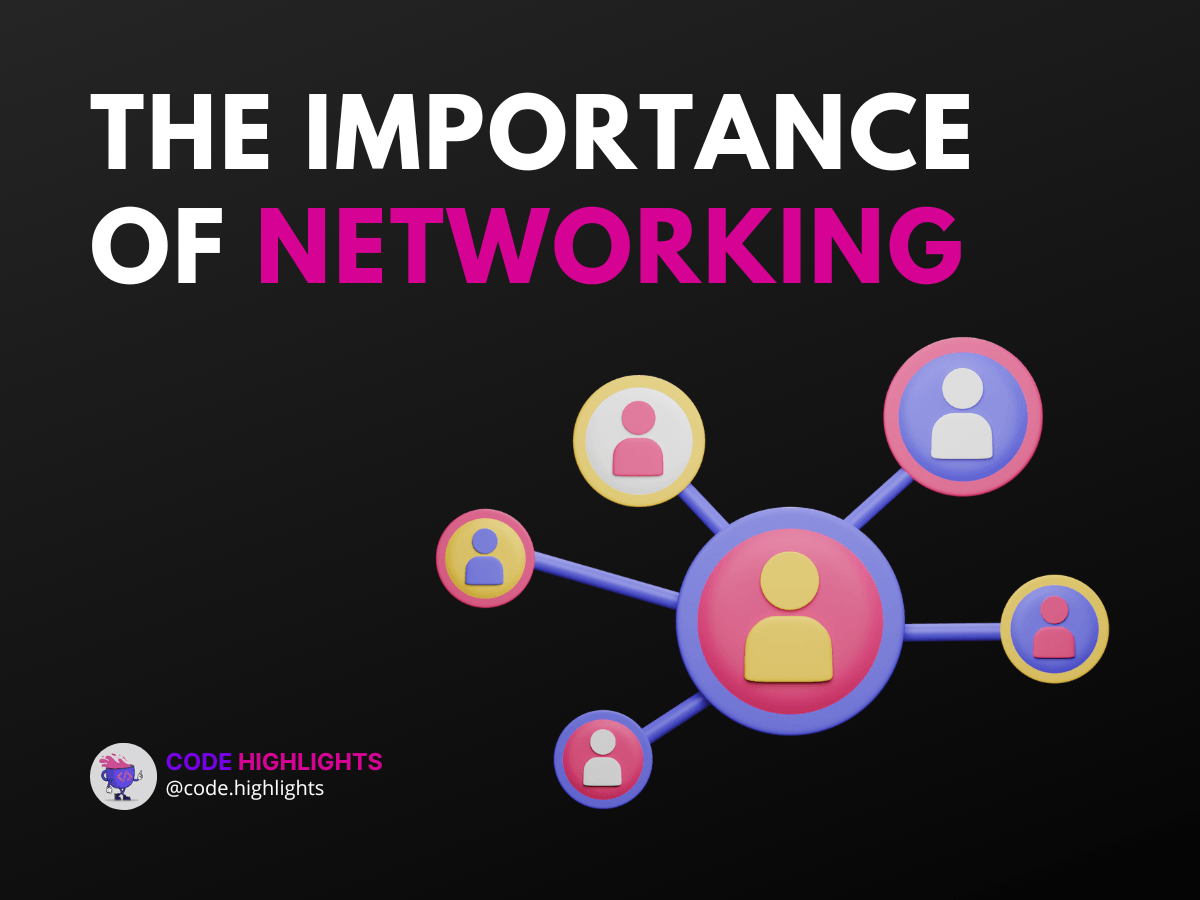
Networking and building a strong portfolio are essential steps in establishing yourself as a successful software engineer. Here's why networking is important and tips for creating an impressive portfolio:
The Role of Networking in Becoming a Software Engineer
-
Opportunity Discovery: Networking allows you to connect with professionals in the industry who can provide valuable insights, advice, and potential job opportunities. Building relationships within your network can lead to exciting career prospects.
-
Knowledge Sharing: Networking provides opportunities to learn from others' experiences, gain industry insights, and stay updated with the latest trends and technologies. Engaging with like-minded individuals helps you expand your knowledge and stay ahead in your field.
-
Referrals and Recommendations: Building a strong network increases your chances of receiving referrals and recommendations from trusted connections. These referrals can significantly boost your chances of landing job interviews and securing job offers.
Tips for Building an Impressive Portfolio
-
Showcase Your Best Work: Select your most impressive and relevant projects to include in your portfolio. Highlight the technologies, tools, and methodologies used, along with any notable achievements or challenges overcome during the project.
-
Demonstrate Diverse Skills: Include a variety of projects that showcase your range of skills and expertise. This could include web development, mobile app development, data analysis, or any other areas you excel in.
-
Provide Context and Documentation: Clearly explain the purpose, goals, and outcomes of each project in your portfolio. Include documentation, such as code samples, wireframes, and design mockups, to demonstrate your thought process and attention to detail.
-
Keep it Organized and User-Friendly: Ensure your portfolio is visually appealing, easy to navigate, and mobile-friendly. Use clear headings, concise descriptions, and visually appealing images or screenshots to engage potential employers or clients.
-
Continuously Update and Improve: Regularly update your portfolio with new projects and remove outdated or less relevant ones. Seek feedback from mentors or peers to improve the presentation and content of your portfolio.
Networking and building an impressive portfolio go hand in hand in establishing your credibility and visibility as a software engineer. By actively engaging with your network and showcasing your best work, you can create valuable connections and increase your chances of securing exciting career opportunities.
Step 7: Prepare for Job Interviews

Preparing for job interviews is crucial to land your dream job as a software engineer. Here are common interview questions for software engineers and tips on how to impress employers during interviews:
Common Interview Questions for Software Engineers
-
Technical Questions: Be prepared to answer technical questions related to programming languages, algorithms, data structures, and problem-solving. Examples include coding challenges, whiteboard exercises, and questions about specific technologies or frameworks.
-
Behavioral Questions: Employers often ask behavioral questions to assess your soft skills and how you handle various situations. These questions may focus on teamwork, communication, problem-solving, and decision-making abilities.
-
Project-Based Questions: Expect questions about your previous projects, including the challenges you faced, how you overcame them, and the lessons you learned. Be ready to discuss your role, responsibilities, and the outcomes of your projects.
How to Impress Employers During Interviews
-
Research the Company: Thoroughly research the company you're interviewing with. Understand their mission, values, products, and recent developments. This shows your genuine interest and helps you tailor your answers to align with their goals.
-
Practice Coding: Brush up on your coding skills and practice solving coding problems. Familiarize yourself with common algorithms and data structures. Practice coding on a whiteboard or using an online coding platform to simulate interview conditions.
-
Communicate Effectively: Clearly communicate your thoughts and ideas during the interview. Break down complex concepts into simpler terms, and ask clarifying questions if needed. Demonstrate your ability to articulate technical concepts to non-technical stakeholders.
-
Highlight Your Experience: Showcase your experience by discussing relevant projects, challenges you faced, and the impact you made. Emphasize how your skills and expertise align with the requirements of the position you're applying for.
-
Demonstrate Problem-Solving Skills: During technical interviews, explain your problem-solving approach step by step. Communicate your thought process, consider edge cases, and discuss the trade-offs of different solutions. Employers value candidates who can think critically and solve problems efficiently.
-
Ask Thoughtful Questions: Prepare a list of thoughtful questions to ask the interviewer. This demonstrates your interest in the role and company. Inquire about the team dynamics, future projects, or opportunities for growth within the organization.
By thoroughly preparing for job interviews, showcasing your technical skills and experience, and effectively communicating your abilities, you can impress employers and increase your chances of securing the software engineering position you desire.
Conclusion
Becoming a software engineer without a degree is an achievable goal with the right mindset, dedication, and strategic approach. Let's recap the steps discussed in this blog post:
Recap of Steps to Become a Software Engineer Without a Degree
-
Cultivate a Passion for Coding: Explore different programming languages, set clear goals, and engage with coding communities to fuel your passion for coding.
-
Choose the Right Programming Language: Consider your goals, job market demand, and learning resources to select a programming language that aligns with your interests and career aspirations.
-
Learn Through Online Platforms: Leverage the benefits of online learning platforms like Code Highlights to gain knowledge and practical experience in software engineering.
-
Work on Real Projects: Gain hands-on experience by working on real projects, whether through open-source contributions, freelance platforms, or personal projects.
-
Understand Software Development Methodologies: Familiarize yourself with different methodologies like Waterfall, Agile, and DevOps to adapt to different project requirements and enhance your career prospects.
-
Networking and Building a Portfolio: Network with professionals in the industry, attend meetups, and build a strong portfolio showcasing your best work to establish yourself as a successful software engineer.
-
Prepare for Job Interviews: Practice technical questions, communicate effectively, highlight your experience, and demonstrate problem-solving skills to impress employers during job interviews.
Final Thoughts and Encouragement
Becoming a software engineer without a degree is an exciting journey filled with opportunities for growth and success. Remember that learning is a continuous process, and staying updated with the latest technologies and industry trends is essential.
Embrace challenges as learning experiences, seek feedback from mentors and peers, and never stop expanding your knowledge and skills. With perseverance, determination, and a passion for coding, you can achieve your goal of becoming a skilled and sought-after software engineer.
So, take the first step today and embark on your journey towards a rewarding career in software engineering. Good luck!
FAQs
Can I really become a software engineer without a degree?
Can I really become a software engineer without a degree?
Yes, it's possible to become a software engineer without a traditional degree. Many resources, including Code Highlights, offer comprehensive courses and pathways to gain the necessary skills and experience.
How long does it typically take to become proficient enough to apply for jobs?
How long does it typically take to become proficient enough to apply for jobs?
The timeline can vary based on your learning pace and dedication. On average, with consistent study and practice, you could be job-ready in as little as 6 to 18 months.
What are the essential skills I need to learn?
What are the essential skills I need to learn?
You should focus on core programming languages (like Python, JavaScript, or Ruby), understanding data structures and algorithms, and gaining practical experience through projects.
Is hands-on experience more valuable than theoretical knowledge?
Is hands-on experience more valuable than theoretical knowledge?
While theoretical knowledge is crucial, hands-on experience is often more valuable to employers. Practical projects demonstrate your ability to apply knowledge and solve real-world problems.
How can I build a portfolio if I don’t have any real-world experience?
How can I build a portfolio if I don’t have any real-world experience?
Code Highlights provides project-based learning where you can build projects from scratch. These projects can be included in your portfolio to show your practical skills to potential employers.
How much do entry-level software engineers earn?
How much do entry-level software engineers earn?
Salaries vary based on location, industry, and company, but entry-level software engineers can earn anywhere from $50,000 to over $100,000 per year in some areas.
Can I learn part-time, or do I need to study full-time?
Can I learn part-time, or do I need to study full-time?
Both part-time and full-time study are possible. Code Highlights offers flexible learning schedules that can accommodate your availability.
How does Code Highlights assist with job placement?
How does Code Highlights assist with job placement?
Code Highlights offers career services like resume reviews, interview preparation, and a job board with listings that favor Code Highlights alumni.
What if I get stuck while learning?
What if I get stuck while learning?
Code Highlights has a community forum and technical support where you can get help from instructors and peers.
Are there any prerequisites to start learning on Code Highlights?
Are there any prerequisites to start learning on Code Highlights?
There are no prerequisites to begin most introductory courses. Some advanced courses may require prior knowledge, which you can gain through the platform’s foundational courses.
Stay Ahead with Code highlights
Join our community of forward-thinkers and innovators. Subscribe to get the latest updates on courses, exclusive insights, and tips from industry experts directly to your inbox.

Related articles
9 Articles

Copyright © Code Highlights 2025.
